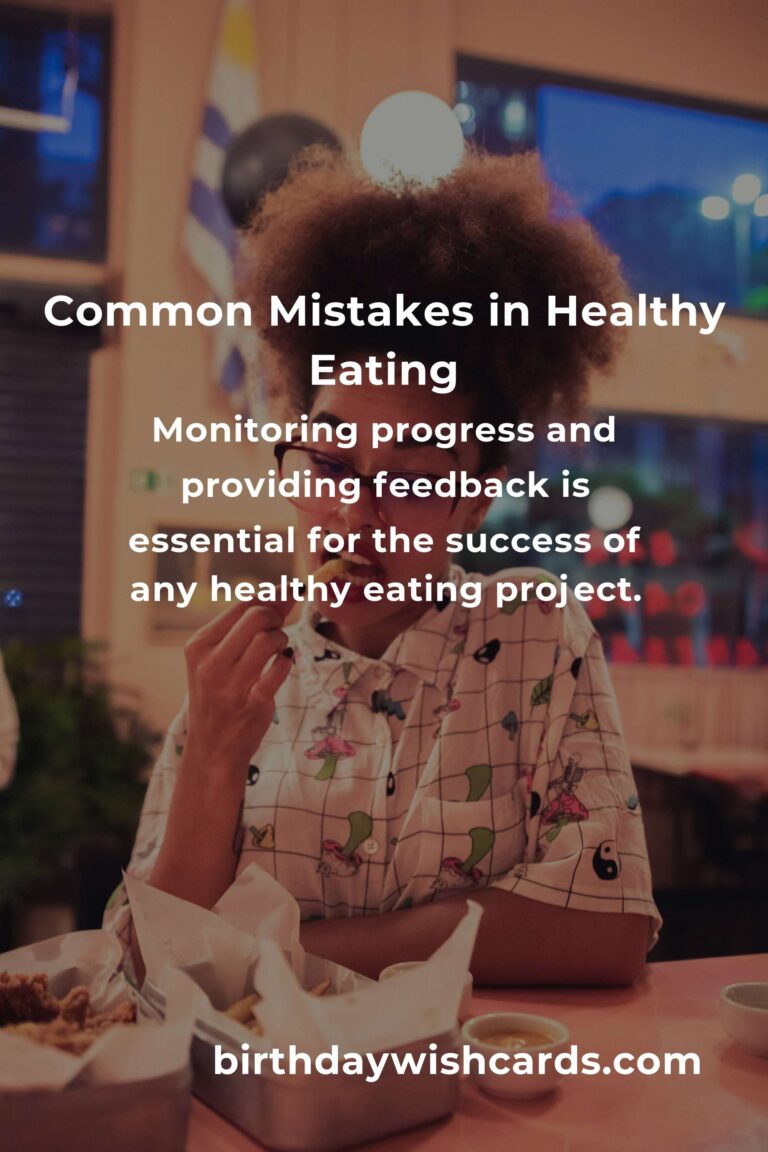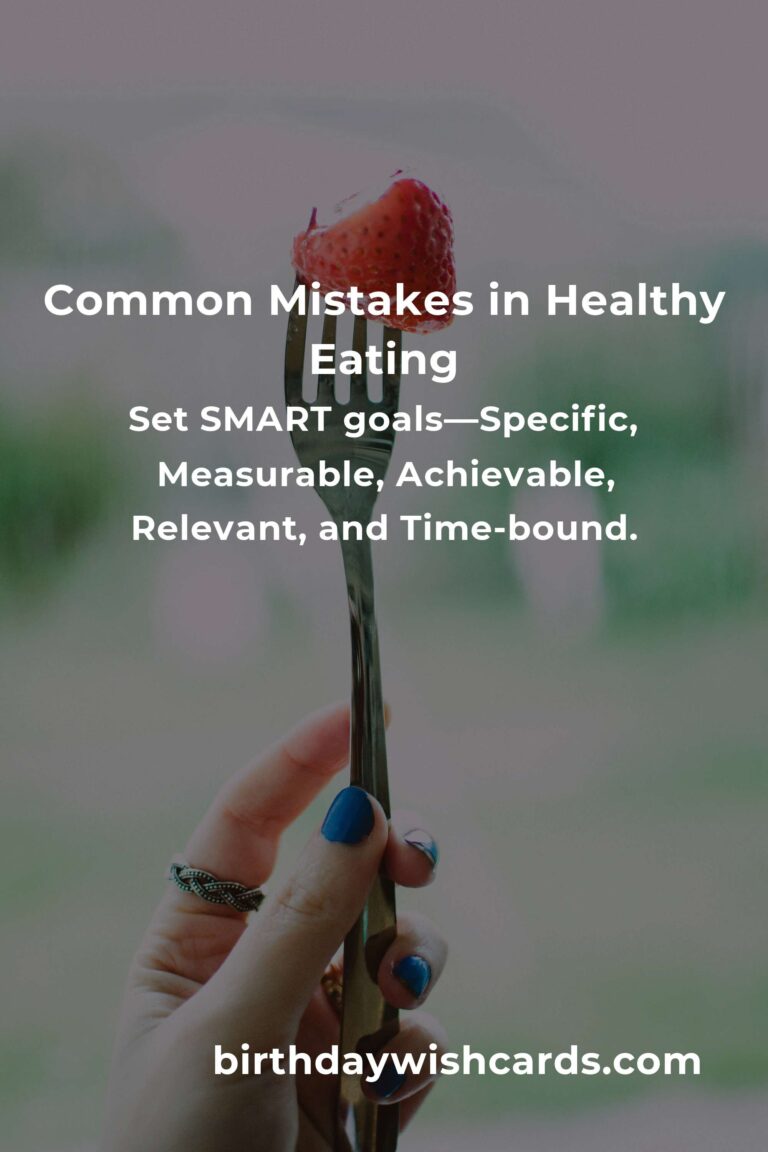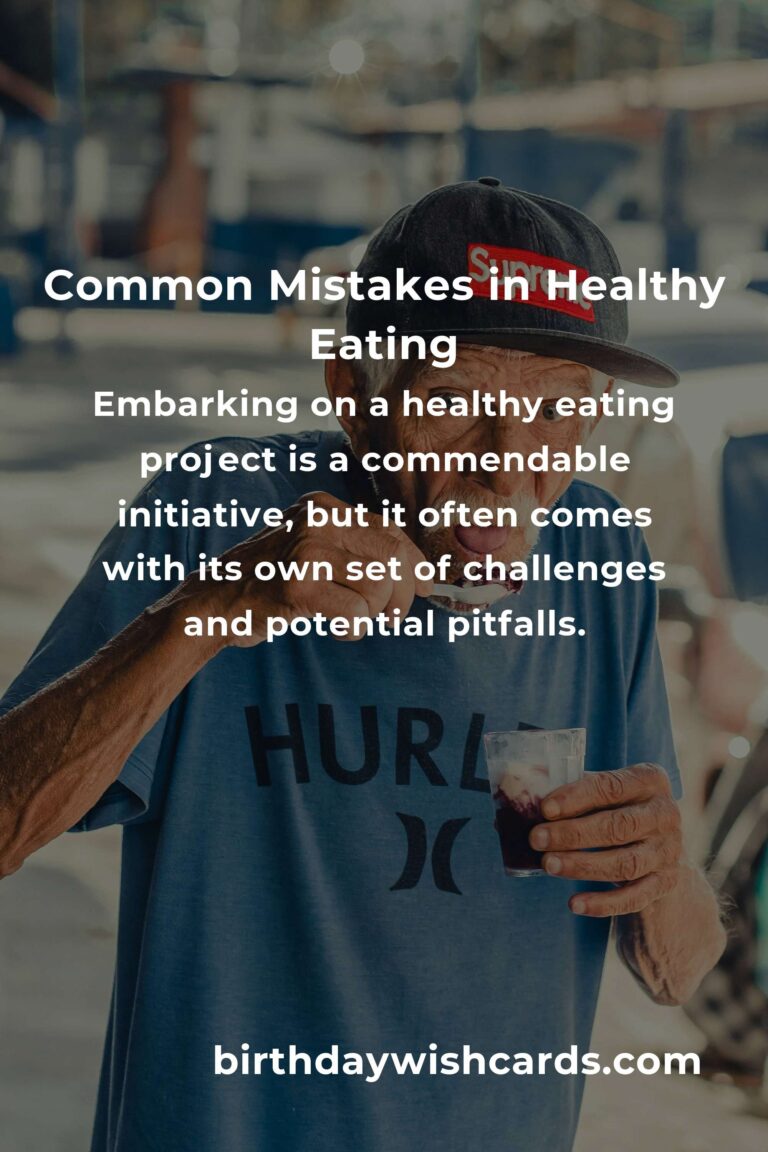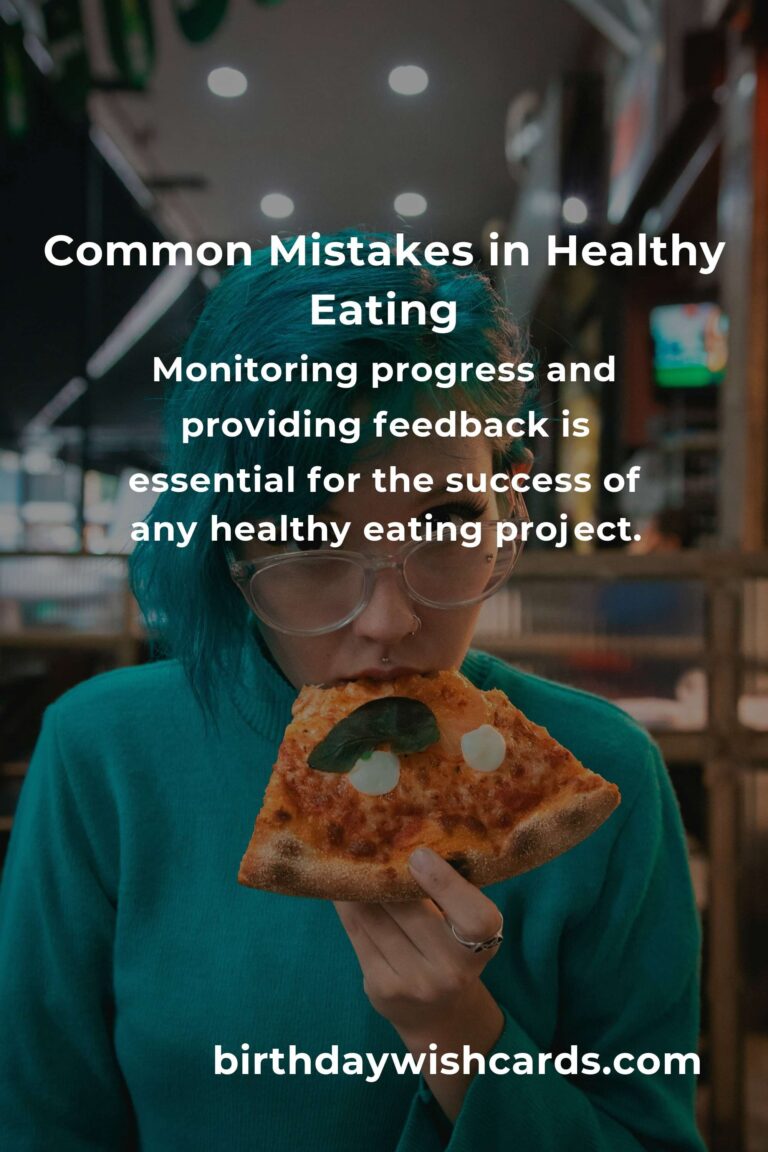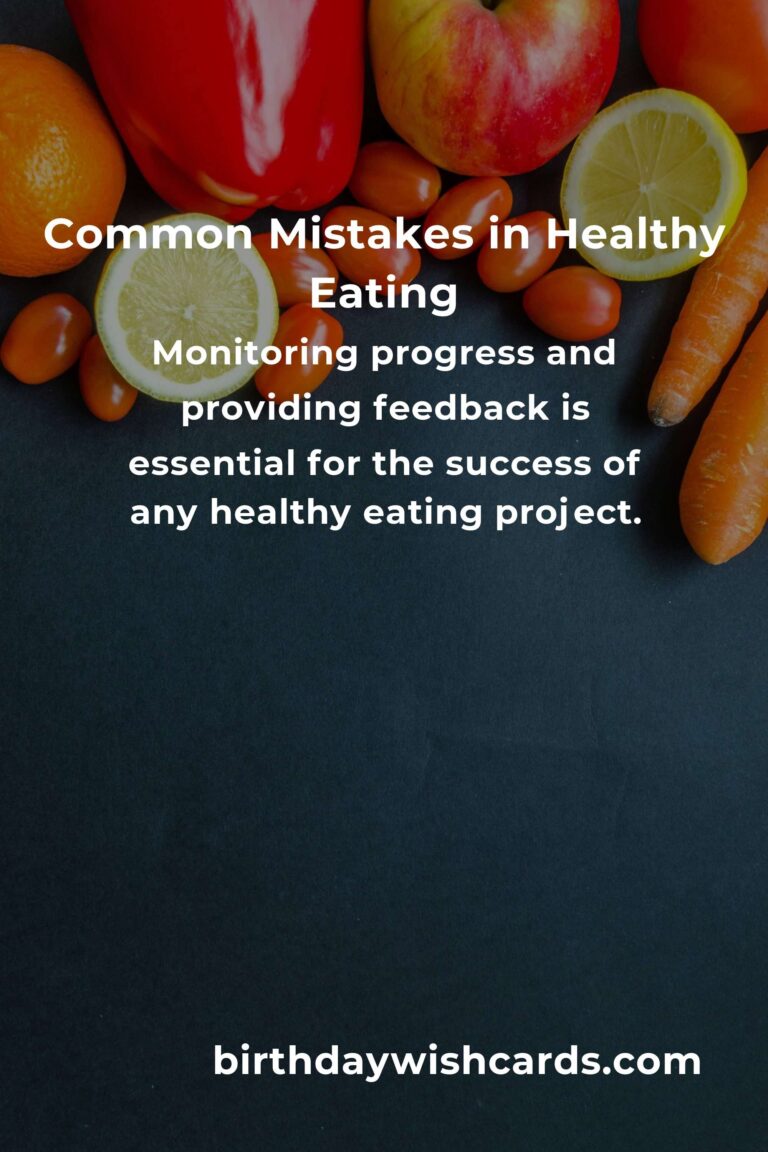
Embarking on a healthy eating project is a commendable initiative, but it often comes with its own set of challenges and potential pitfalls. Whether you are planning a personal dietary overhaul or implementing a community-based health program, understanding common mistakes in healthy eating projects can save time, effort, and resources.
Understanding the Basics of Nutritional Balance
One of the most prevalent mistakes in healthy eating endeavors is neglecting the importance of a balanced diet. A balanced diet includes the right proportions of carbohydrates, proteins, fats, vitamins, and minerals. Many projects focus too heavily on one nutrient at the expense of others, leading to imbalances that can affect health outcomes.
To avoid this, ensure that your healthy eating plan includes a variety of food groups. Emphasize whole foods like fruits, vegetables, whole grains, lean proteins, and healthy fats. Consider consulting a nutritionist to tailor a diet that meets all nutritional needs.
The Pitfalls of Over-Restriction
Another common mistake is over-restriction. Many healthy eating projects impose strict dietary restrictions that are not sustainable in the long term. Such restrictions can lead to nutrient deficiencies and increased cravings, ultimately causing people to abandon their healthy eating goals.
Instead of eliminating entire food groups, focus on moderation and portion control. Educate participants about mindful eating and the 80/20 rule—eating healthily 80% of the time while allowing for indulgences 20% of the time.
The Role of Education and Awareness
A lack of education and awareness is a significant barrier to successful healthy eating projects. Without proper knowledge about nutrition, individuals may make misguided choices, thinking they are healthy when they are not.
Incorporating educational components into healthy eating projects is crucial. Workshops, seminars, and cooking classes can empower participants with the knowledge they need to make informed dietary choices. Online resources and mobile apps can also provide ongoing support and information.
Ignoring the Importance of Personalization
Healthy eating is not one-size-fits-all. A common mistake is ignoring the individual needs and preferences of participants. Factors such as age, gender, activity level, and health conditions can significantly influence dietary requirements.
To address this, personalized meal plans should be considered. Encourage flexibility within the eating plan to accommodate personal tastes and cultural preferences. Personalization can increase adherence to healthy eating habits.
The Significance of Setting Realistic Goals
Setting unrealistic goals is a frequent issue in healthy eating projects. Goals that are too ambitious can lead to frustration and burnout.
Set SMART goals—Specific, Measurable, Achievable, Relevant, and Time-bound. Break larger goals into smaller, manageable steps. Celebrating small victories along the way can keep participants motivated and engaged.
Monitoring Progress and Providing Feedback
Finally, monitoring progress and providing feedback is essential for the success of any healthy eating project. Without tracking progress, it is challenging to determine what is working and what is not.
Regular check-ins and assessments can help participants stay on track. Use tools like food diaries, mobile apps, or regular meetings to facilitate this process. Providing constructive feedback and encouragement is vital to maintaining motivation.
Conclusion
Avoiding these common mistakes in healthy eating projects can enhance their success and sustainability. By focusing on balance, moderation, education, personalization, realistic goal-setting, and continuous monitoring, healthy eating initiatives can lead to lasting positive changes in dietary habits.
Embarking on a healthy eating project is a commendable initiative, but it often comes with its own set of challenges and potential pitfalls. A balanced diet includes the right proportions of carbohydrates, proteins, fats, vitamins, and minerals. Many healthy eating projects impose strict dietary restrictions that are not sustainable in the long term. Incorporating educational components into healthy eating projects is crucial. Healthy eating is not one-size-fits-all. Set SMART goals—Specific, Measurable, Achievable, Relevant, and Time-bound. Monitoring progress and providing feedback is essential for the success of any healthy eating project.
#HealthyEating #Nutrition #DietTips #BalancedDiet #Wellness


